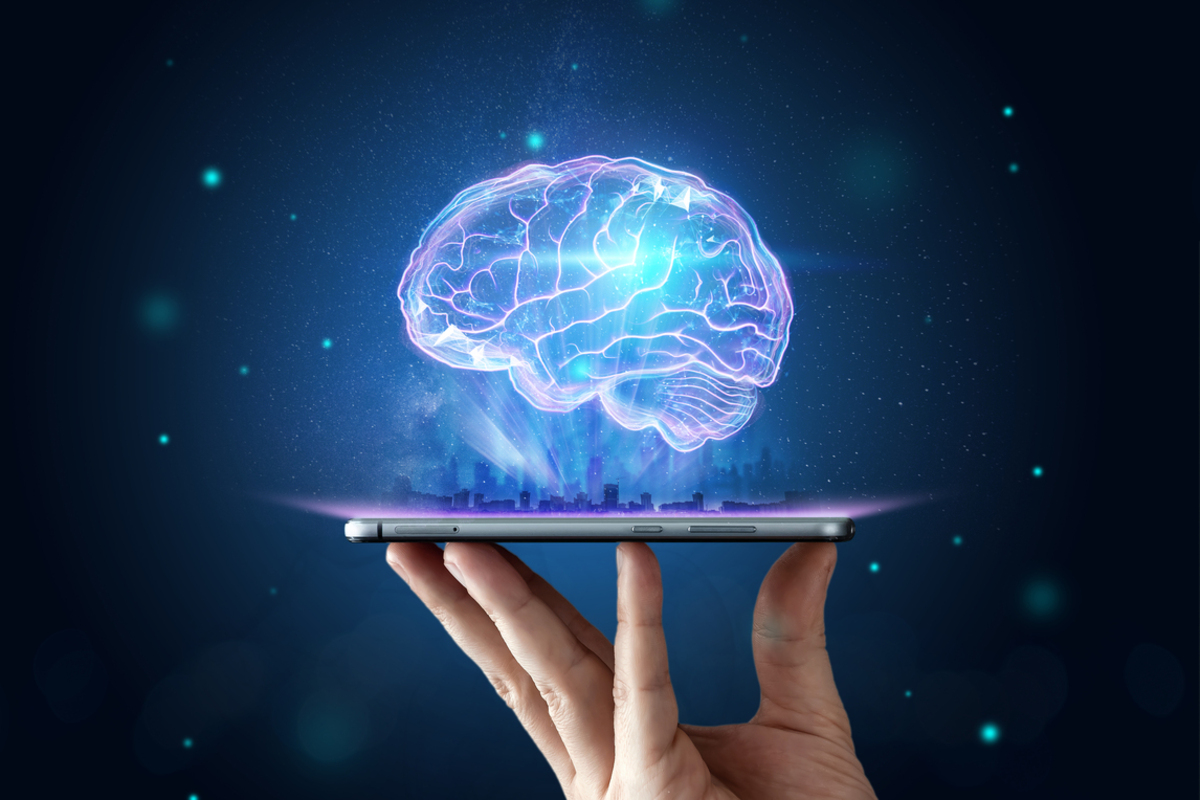Heart attacks and strokes affect very different body organs. Because of that, some people might believe there is no connection between the two. However, stroke and heart attack might be more connected than you think.

What should you know about stroke?
Just like a heart attack, a stroke is considered a medical emergency. Since your brain needs blood and oxygen to survive, when one of the vessels that fuel the brain is blocked, you are at risk of a stroke. Also, just like in the case of a heart attack, treating the stroke as soon as it occurs can prevent long-term brain damage.
People who are having a stroke might experience:
- Numbness or paralysis in the arms, legs, or face. This typically occurs on one side of the body. To better notice this symptom, raise both your arms above your head. If one of your arms falls and you can’t stop it, it could be a sign of a stroke.
- Vision problems. It’s common for people who are having a stroke to have blackened or blurred vision in one or both eyes.
- Confusion. People who are having a stroke often have problems speaking or understanding. Headaches are also common and can be accompanied by dizziness or vomiting.
- Walking difficulties. Since dizziness is something that stroke sufferers experience, it may cause difficulties in walking, as a consequence of a loss of coordination.
Heart attack and stroke: The link
When a blood clot prevents blood from traveling through the vessels and reaching the heart, you are at risk of a heart attack. Much like the heart, the brain also needs blood and oxygen to survive. When the brain doesn’t get the oxygen it needs, its cells begin to die, just like the cells of your heart when you’re having a heart attack.
Lifestyle factors that increase the risk of a stroke include the use of drugs, heavy alcohol consumption, smoking, lack of exercise, and being obese. Medical factors that can lead to a stroke are high cholesterol, hypertension, diabetes, cardiovascular disease (including heart attacks), and obstructive sleep apnea.
This cell death can occur within minutes from the brain being deprived of oxygen. As time passes, permanent brain damage can set in, which is known as cerebral hypoxia or anoxic brain injury. There are four different types of anoxia:
- Anemic anoxia. This is characterized by the blood's incapacity to deliver the oxygen that your brain needs to function properly. It means that your blood lacks hemoglobin, a specific protein that’s rich in iron.
- Toxic anoxia. This occurs when your body is contaminated with chemicals or toxins. It can also stand in the way of your blood delivering oxygen to the brain, or throughout the rest of your body.
- Stagnant anoxia. Also known as hypoxicischemic injury, this type of anoxia can occur when blood doesn’t reach its destination, even if you have plenty of hemoglobin or oxygen in the bloodstream. This type of anoxia is most commonly triggered by cardiovascular events such as strokes, heart failure, heart attacks, or arrhythmias.
- Anoxic anoxia. This type of anoxia means that your body isn’t breathing in enough oxygen, leading to an oxygen deficiency inside your blood. This happens, for instance, when you’re at really high altitudes and can’t breathe properly.
Heart attacks and cognitive problems
According to a study conducted by Sweden’s Lund University, 50 percent of people who survive a heart attack are likely to experience memory loss, but also other cognitive problems. In the long term, it seems that heart attacks could also lead to dementia.
Similar studies have carefully examined the brain scans that revealed that people who have heart disease can have impaired cognitive functions, leading to problems such as:
- Anomia. A difficulty in using words or understanding their meaning. People who have anomia aren’t sure what certain words mean or use them in the wrong context.
- Memory loss. An anoxic brain injury leads to short-term memory loss. This occurs because the lack of oxygen affects the hippocampus, the part of the brain in charge of storing new information, fast.
- Executive function problems. Heart attacks can affect the brain’s executive function. This means that people are less able to make the right judgment call or process information.
Treatment for cerebral hypoxia
When you’ve suffered a stroke, regardless of whether it was a consequence of a heart attack or not, it’s important to take immediate measures to contain permanent brain damage. The treatment looks to restore oxygen to the brain as soon as possible.
The exact course of treatment will depend on what caused the anoxic injury:
- In some cases, people will need breathing assistance through mechanical ventilation.
- Keeping the heart monitored is also important, particularly watching its rhythm.
- Medication is also a part of treatment and may include anesthetics, valproic acid, phenobarbital, or phenytoin.
Conclusion
Heart attacks are a medical risk factor for stroke. The link between the two is, however, a bit more complicated and more drastic than that, considering the fact that cardiovascular disease can lead to cognitive difficulties that can sometimes be permanent.
People that suffered from a stroke will require immediate medical attention, with the main purpose being to restore oxygen to the brain. If this fails to happen, brain cells die, which can lead to permanent damage in the long run.
- Photo courtesy of SteadyHealth


Your thoughts on this